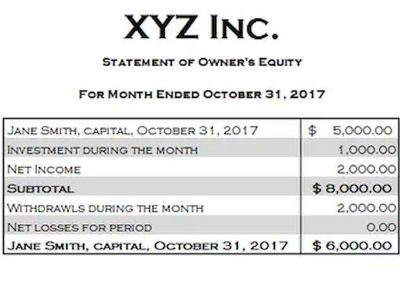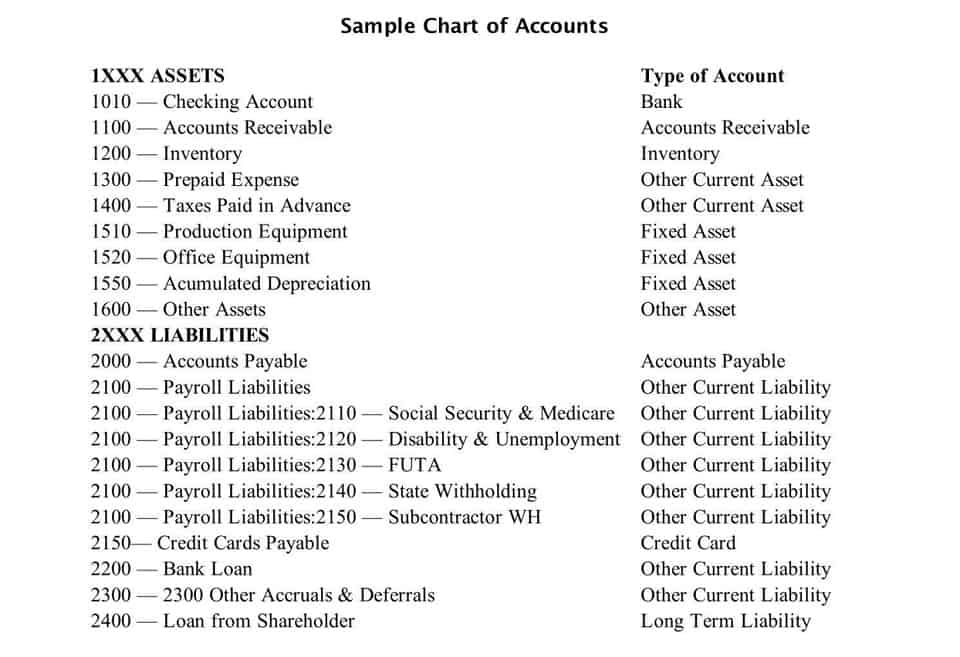
Similarly, an investment advisor may require a retainer fee before managing an investment portfolio. In contrast, an earned retainer fee is a payment that is paid in advance by a client in order to secure the services of a lawyer that the lawyer earns upon being hired. Earned retainer fees are often not refundable to the client since the lawyer has already earned the fee via the provision of definition of retainer fee securing legal services. An unearned retainer fee is an upfront payment made by a client, typically for legal services, which the professional has not yet earned. It acts as a guarantee, ensuring that the professional will be available to offer the stipulated services when needed.
Agreement
Retainer fees, when managed effectively, can form the backbone of fruitful, long-term collaborations in the financial world. By understanding their intricacies, both professionals and clients can ensure a symbiotic relationship. There isn’t a universal standard percentage for a retainer fee, as it varies widely depending on the lawyer’s experience, location, and the complexity of the case. However, it is often based on an estimate of hours required, with payment usually covering a portion of the anticipated costs. Ultimately, understanding both options helps stakeholders select a structure aligning with their financial planning and service expectations.

Benefits of using a retainer fee
- As mentioned above, an attorney fee agreement is a written contract that includes the total amount of any retainer that is needed to secure an attorney’s services.
- Such agreements are common among businesses such as tech companies, restaurants, and hospitals that may be threatened with a legal suit by one of their customers.
- An evergreen retainer is designed to ensure continuous service without interruption.
- The client pays a monthly retainer fee to ensure continuous access to the firm’s expertise.
- Unearned retainers are not considered an asset for the professional until work has begun and can be refunded to the client if the service engagement ends prematurely.
- It’s also important to clarify how you prefer to be paid, whether by check, credit card, or digital methods.
This type of retainer doesn’t apply to the lawyer’s hourly rate for actual legal services performed but instead ensures the lawyer will be available when needed. A lawyer retainer refers to a contractual arrangement where clients pay a sum upfront to secure a lawyer’s services for a specific period or legal issue. This upfront payment can be seen as a deposit towards the legal fees that will be incurred. In general, it refers to a sum of money paid up front as part of a professional agreement to obtain legal services. A well-crafted retainer agreement is the foundation of a successful professional relationship, serving as a clear roadmap for both parties. This document outlines the terms and conditions under which services will be provided, ensuring that expectations are aligned http://www.vandesys.com/2023/11/07/quickbooks-online-all-in-one-business-solutions/ from the outset.

Earned vs. Unearned Retainers

In general, the fees that the attorney recovers for taking a case on a contingency fee basis will be expressed as a percentage of total recovery. As mentioned above, a well written attorney fee agreement will outline both how a retainer fee is used, and how the retainer fee is collected. For instance, some fee agreements will specify that the retainer fee is immediately collected in full to secure the services of an attorney. This fee is deposited into a trust or escrow account and is not immediately accessible by the service provider. A retainer fee is a pre-established amount paid by a client to secure the expertise and time of a professional or consultant for a designated period. This fee, given upfront, acts as a reservation, ensuring that the professional prioritizes the client’s needs over others.
- It is a good way to ensure the accountant has a steady income stream and gets the accountant’s services for a set amount of time.
- Upfront payment is an expression of trust, and your clients expect you to accurately track the work you’ve done for them.
- For professionals, retainer fees provide a steady income stream, reducing the uncertainty that comes with fluctuating workloads.
- The goal of a security retainer is to ensure you actually have the funds to pay for legal services you’re seeking.
- The concept of retainer fees originated in legal practices to provide attorneys with financial security while they focused on a case.
- Clients know upfront what they will be paying, which aids in budgeting and financial planning.
- General retainers are often non-refundable since they compensate the lawyer for availability rather than specific services.

Retainer fees come in various forms, each tailored to different needs and circumstances. Understanding these types can help clients and professionals choose the most suitable arrangement for their specific situation. gym bookkeeping Adopting retainer fees strategically can lead to more sustainable business growth, better resource management, and overall enhanced client engagement. Considering these factors ensures that the retainer fee is fair, competitive, and aligned with both service provider capabilities and client expectations.
- By following these guidelines, both parties can establish a robust and transparent working relationship, ensuring projects proceed smoothly and with mutual understanding.
- Lawyers often require a general retainer for their availability over a certain period.
- If legal costs exceed your initial retainer, the attorney will often request additional funds or begin billing you directly.
- The individual or organization looking for an external source for professional advice or service look to hire someone full time or on a consultant retainer fee basis.
- Explore the essentials of retainer fees, including types, calculations, agreements, and their impact on client relationships and billing practices.
- Once a client has engaged an attorney to represent him or her in a case, the client is sometimes required to deposit an upfront retainer fee.
Think about your average project or repeat this process for each type of project or client you have. Many marketing agencies charge a flat fee each month for a package of ongoing services, such as content creation, social media management or SEO optimization. This arrangement allows clients to maintain consistency in their marketing efforts. Attorney retainers can be a powerful tool for managing the cost of legal services. We’ll go over the three most impactful ways to use retainers to improve client experience and increase referral opportunities.
